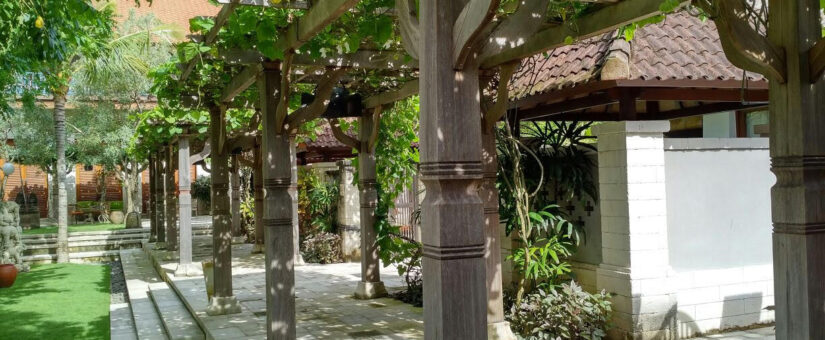
Coaching in Organizations: A Status Report (Past, Present and Future)
Technologies are also making the world less hierarchical and more accessible—Friedman’s Flat World. This in turn means that coaching will become even more international in scope with coaches not only living and working in Wyoming, but also living in Singapore, Cape Town and Bogotá. Clients will be working not only in Pittsburg and New York, but also in London, Helsinki, Istanbul and Jakarta. Coaches may have to become bilingual or even quadra-lingual; at the very least they must become increasingly sensitive to the nuances of culture and to the differing ways in which working relationships are established and businesses are conducted in other countries. With the nonhierarchical nature of the new international networks of communication, there is an even greater need for clients to learn how to influence rather than control. The density of the messages that are flowing through these nonhierarchical channels further suggest that clients must learn how to understand, even if they can’t precisely predict what is about to occur in their personal or work life. Coaches can assist clients engage in their difficult cognitive and affective transitions.
Welcome to the Epistemological Revolution(s)
While coaches like Rachel and clients like Sam are in the midst of technological revolutions and economic challenges, they are also confronting (or potentially could confront) several major epistemological challenges—revolutions in the fundamental theories, conceptual models and frameworks which under-gird the base of knowledge in Western and even Eastern societies. While these challenges are multiple and wide-ranging, several are particularly poignant with regard to the coaching enterprise.
Neurobiological Revolution
The first of these is the neurobiological revolution. We are in the midst of learning much more about the ways in which our brains operate. First, and perhaps most fundamentally, the old debate between nature and nurture is now over. Who we are and the competencies we exhibit every day in our life are determined by a complex interaction between genetics, our life experiences, the environment in which we live, and the environment that existed in our mother’s womb during the critical nine months of gestation. This means for coaches and leaders that we can learn and change, but that we enter these developmental initiatives with some very strong predispositions, some unique strengths and weakness, and a personality and pattern of behavior which is not readily changed.
- Posted by Bill Bergquist
- On September 7, 2011
- 0 Comment

Leave Reply